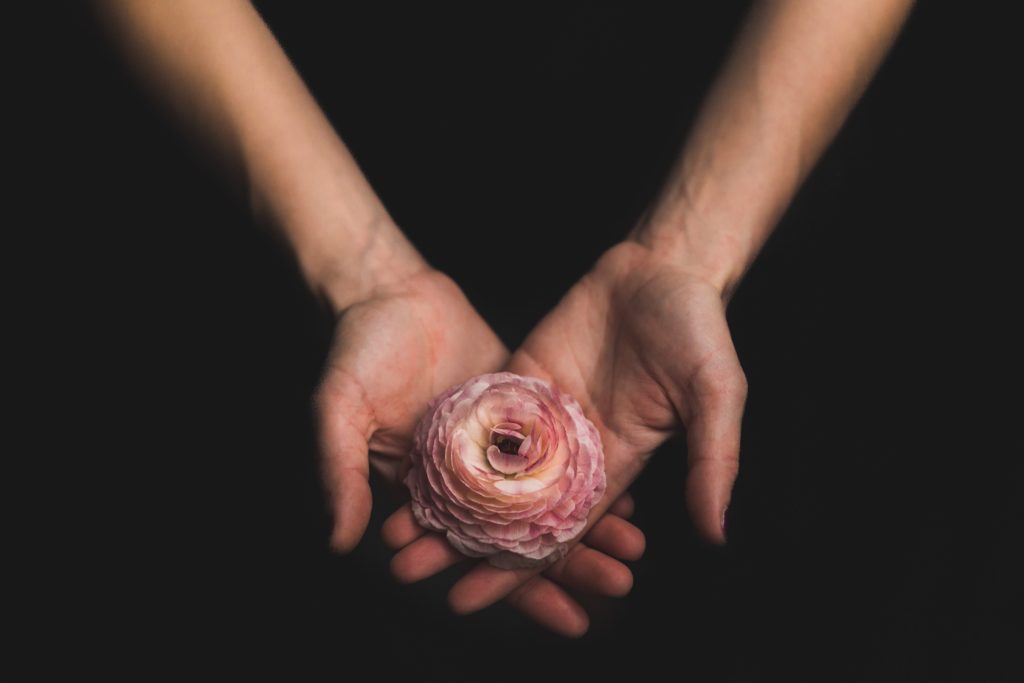
Remember when you were a kid and people seemed to constantly talk about talents and strengths? If you were like me, you probably liked taking magazine quizzes to determine where your talents lie. Your teachers may have done whole units and you might have done projects and crafts explaining and illustrating your talents. We were taught that we all have them and that they are all different.
I guess the intent was that we would use this knowledge to advance those skills and use them throughout our lives. Some wise people use them to determine their college majors and career fields. By virtue of my undergraduate advertising degree and the fact that I quickly went back to get my Masters after realizing that I hated the business world, you can guess that I was not one of those wise people.
Perhaps prudence isn’t a strength of mine.
I’ve been thinking about these concepts as the notion of service has been swirling around in my head recently. Namely, what types of service am I called to? And what types am I not?
To be honest, I had been getting down on the concept as of late as I find myself donating more and more of my time to activities that drain me rather than fill me up. In pursuits that do not align with my strengths.
But then I started my Bible study this morning, and I read about how we all are given different gifts with the intent that we must be interdependent. We must use our gifts to benefit others, and we must allow others’ gifts to benefit ourselves.
One of the last questions in my study was asking us how our families, our communities, our churches, and our world would be different if we utilized our gifts.
I like the question. It’s a big one. But it also feels extraordinarily egotistical to answer it, no? It just kind of feels wrong to think that we could change the world if we used our gifts to the fullest.
But is it? Egotistical?
If we look at humility as appreciating a contribution but not being overly attached to whether it was ourselves or someone else who accomplished it…. then, no. There’s nothing inherently non-humble about it.
And if we look at our gifts as being precisely that – underserved gifts – then again. There’s no problem in answering the question.
I think the problem would come in if we all believe we are destined to greatness in this life. If we all believe we were built with renown in mind. That would be missing the point.
I watched this video this morning from Fr Mike Schmitz. In it, he talks about the final judgment. He talks about how at the very end of the world, when the entire story has been written, we will see how we fit into it all. We will see how ancestors centuries ago influenced who we became. And we will see how our small actions, perhaps the extra $5 tip to the server or the moment of mercy offered to the undeserving teenager, ripple throughout lives and throughout time.
We will see the threads of the tapestry, and we will see how our own threads color or distort what was to come. We will see where they brought beauty and where they brought pain. All will be fully known, and we will fully know.
And in that regard, in relation to the entire story, we can (and do) change the world. The question is how we do it.
When we think about service, many of us think about formal opportunities – serving at a soup kitchen or donating to specific charities. And that’s all amazing and necessary. But we also have opportunities to serve in small micro ways every day. And I would argue that perhaps those moments of service are the greatest.
So what are your gifts? Are you a great listener? Do you cook a delightful chili you could serve to a family struggling? Are you a good writer? Could you help people write resumes? Could you proofread that cover letter for a friend? Are you persistent? Could you demonstrate that on your child’s sports team and teach the kids to continue on even when they want to give up? Are you good with kids? Patient with the elderly? Could you maybe strike up a conversation with the older lady at the deli and give her someone to talk to?
When we take the time to recognize our talents, we can see how they can serve the world throughout our entire day. We can see how we took what we were given and multiplied the blessing.
When we look around us, we see a world that is bleeding. People are hurting. The light can get crowded out. But that darkness can engulf us or it can propel us to be the light we cannot see. We cannot single handedly change the world in an instant, but we can, at every opportunity, make our small corner more gentle and kind of hopeful.
When we allow ourselves to see the light, we can then be the light. It is then that we can change the world.